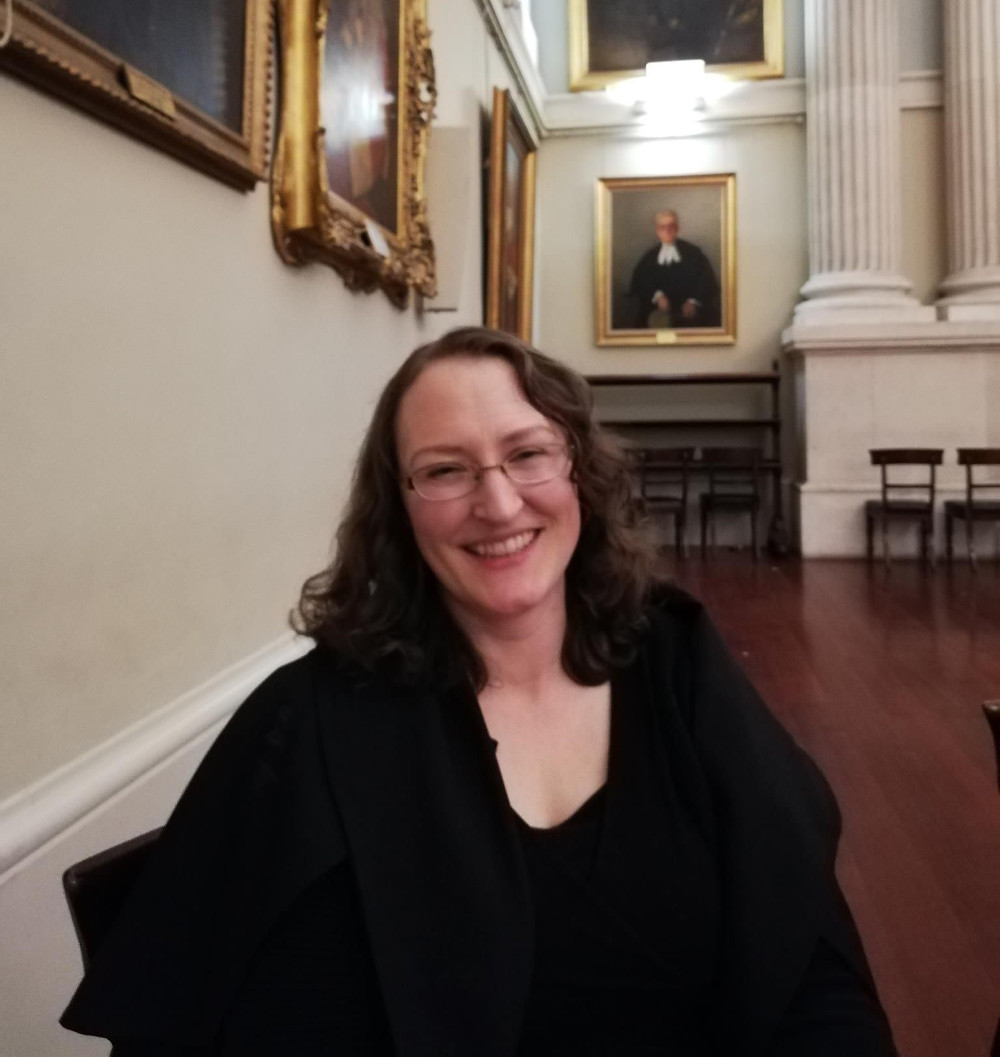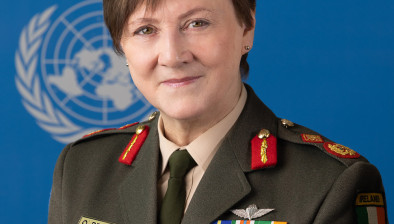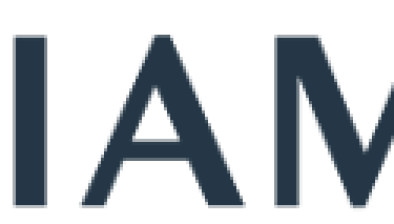Legal tech and the rule of law in spotlight at upcoming conference

Alison Hough
Technological University of the Shannon (TUS) is set to host ‘Legal Tech and the Rule of Law’, a conference exploring the transformative impact of technology on legal practice and academia, on 12 February 2024, at its Athlone campus.
The annual conference, now in its third year, offers a unique hybrid format, allowing both in-person and online attendance, and aims to foster a platform for exchange among legal academics, practitioners, students, and the public.
This year’s keynote address will be delivered by distinguished High Court judge Ms Justice Leonie Reynolds.
While the primary audience comprises legal academics and professionals, the morning session at 9am aims to engage a broader audience, including law students and members of the public; the session will provide an accessible overview of key ethical challenges posed by technology, inviting audience input.
The conference boasts an array of speakers, including luminaries from the top legal firms and academia, contributing to elevator pitches and rapid-fire interactive discussions.
Notable speakers include Dr Brian Barry, Trinity College Dublin; Dr Ronan Kennedy, University of Galway; Andy Unger, London South Bank University; Dr David Cowan, Maynooth University; and industry expert Gavin Sheridan of VizLegal.
The conference will explore the potential of AI in streamlining legal processes and how blockchain could revolutionize regulatory spaces, offering real-time breach detection and potentially averting lengthy court cases; smart contracts will also be examined in terms of their role in enhancing access to justice.
The afternoon will feature workshops focusing on the development of legal curricula in higher education, chaired by Andy Unger. The final session, chaired by TUS’s Dr Nuala Harding, will delve into the intersection of AI and legal education.
Alison Hough, conference organiser and TUS law lecturer, said: “With topics spanning technology’s impact on justice accessibility, legal governance, and the rule of law, the conference promises to be an invaluable resource for academics, practitioners, law students, and anyone curious about the evolving face of legal practice.
“For those interested in contributing to the dialogue, the conference welcomes submissions on various themes, including technology and justice, legal practice developments, and the response of legal curricula to technological advancements.”
Tickets for the conference are available via Eventbrite.









